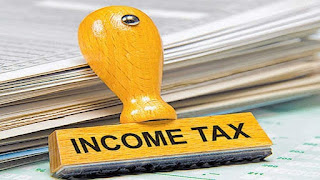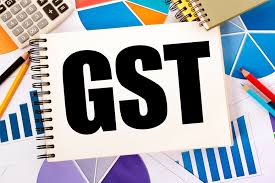How to save income tax on gains from sale of property
In respect of long-term capital gains on sale of any capital asset you are eligible to claim exemption if you invest if you invest for buying a residential house. The quantum of amount which you are required to invest differs depending on whether the asset sold is a residential house or a capital asset other than a residential house including commercial property. In order to claim exemption from long-term capital gains on sale of a residential house property, you are required to invest only the amount of capital gains and that too after availing the benefit of indexation. In contrast, for availing long term capital gains exemption in respect of a commercial property you have to invest whole of the sale consideration in a residential house. So if the property sold is residential one, the amount of investment one has to make is significantly lower than what is required to be invested in the case of the sale of a commercial property.
I understand your problem. I feel there was no need for you to treat the property as commercial just for the purpose of getting higher consideration. There is no restriction under the law to sell your property above the circle rate and you could have sold this property as residential property at that rate. Since you have admittedly treated this property as commercial property in the sale deed, now you cannot claim that this is a residential property by the principle of estoppel. As a last resort you can find out whether the same property is shown as residential or commercial property under the gram panchayat or municipal records.
In order to determine whether a property is to be treated as commercial or residential the fact that it was never used for business or it was never let out are not relevant.\
Download our App to get knowledge updates: https://play.google.com/store/apps/details?id=com.app.gstmitra




Comments
Post a Comment